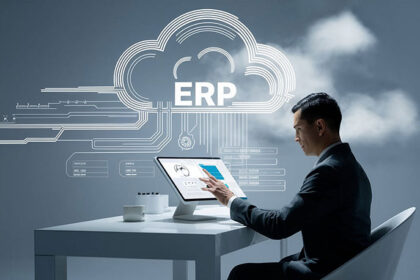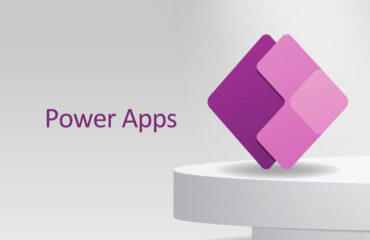
ERP (Enterprise Resource Planning):
Definition: ERP systems integrate various business functions, allowing data to flow seamlessly between them and ensures a standard way of doing things. They reveal real-time views of various data like finances, production, quality and resource performances.
Key Features:
- Central Database: ERP serves as a central repository for a single or multiple locations, ensuring single view of data and efficient resource allocation and automations.
- Modules: Used by manufacturing, supply chain, risk management, HR, sales, and other teams.
Pros: Streamlines business operations, creates efficiencies.
Cons: Initial setup and customization can be complex.
CRM (Customer Relationship Management):
Definition: CRM systems help build and maintain positive business relationships. They assist sales, customer service, marketing, and other teams.
Key Features:
- 360-Degree Customer Profiles: Store customer data, interaction history, and automate steps.
- Sales Management: Manage leads, opportunities, and sales cycles.
- Marketing Tools: Enhance customer engagement and digital commerce.
- Pros: Improves customer relationships, boosts sales.
- Cons: May require integration with other systems.
Why You Need ERP and CRM:
- Operational Efficiency: ERP streamlines processes, reduces manual work, and ensures accurate data.
- Customer Satisfaction: CRM helps manage interactions, personalize communication, and enhance customer experiences.
- Data-Driven Decisions: Both systems provide insights for informed decision-making.
- Advanced Analytics: Many additional tools like Business Intelligence, Analytics, Power Apps etc provide multiple correlations within data that helps in multitude of decision making.
- Competitive Edge: In today’s fast-paced world, businesses need efficient tools to stay ahead.
In summary, ERP and CRM are essential for managing operations, optimizing resources, and building strong customer relationships. Contrary to popular myth that systems bring complexity, it is the opposite where ERP and CRM actually defines a standard way of doing business and provides enough insights to run it efficiently.




